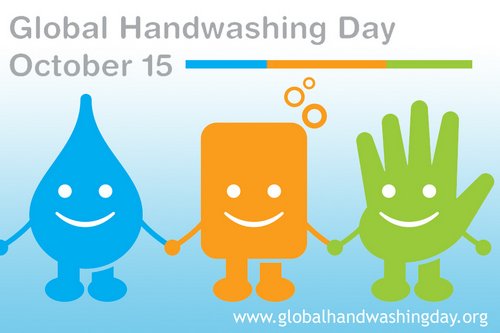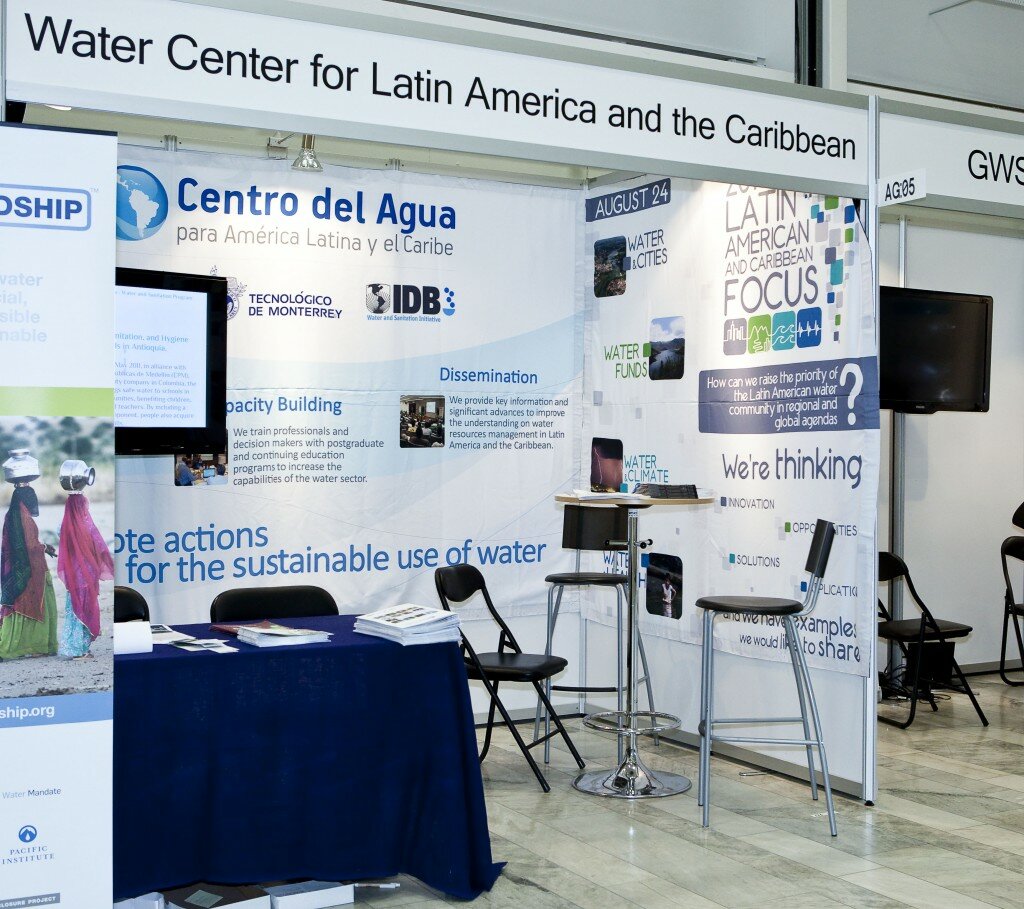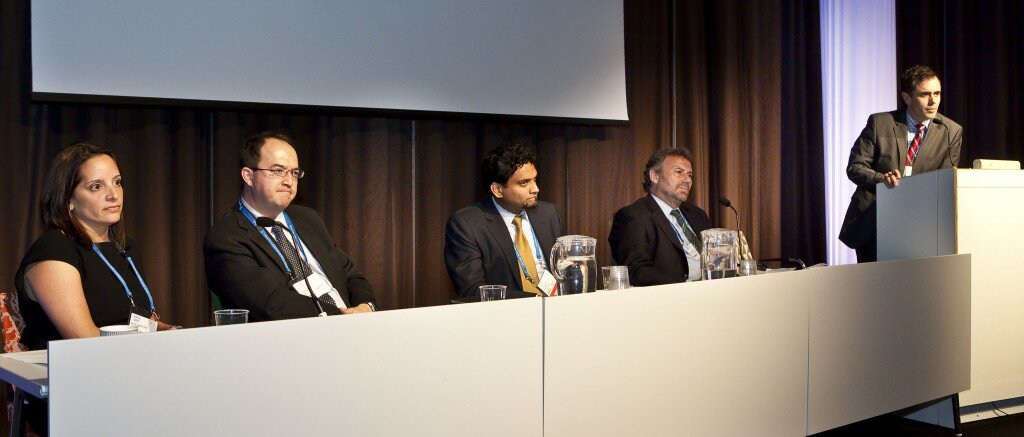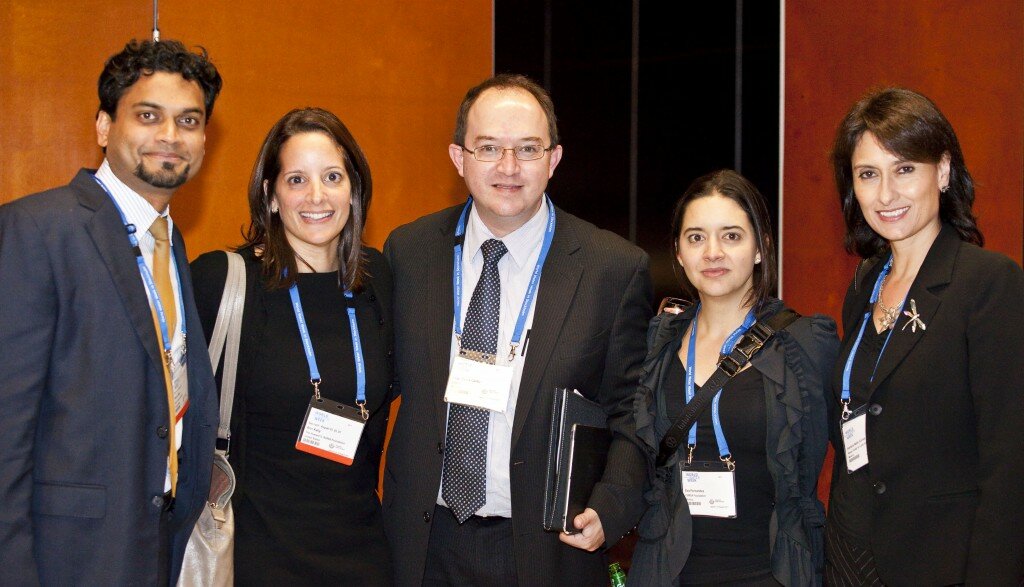Happy Global Handwashing Day! Today we feature a piece authored by Kerry Gallo of Children Without Worms:
By: Kerry Gallo, Children Without Worms
Since joining Children Without Worms (CWW) earlier this year, I’ve spent most of my time thinking about neglected tropical diseases (NTDs)—in particular, intestinal worms in kids, and how deworming medications like albendazole and mebendazole can make kids healthy. But last week, I had the opportunity to step out of the NTD space and into the water, sanitation and hygiene (WASH) world for a few days by attending the Water and Health: Where Science Meets Policy Conference in Chapel Hill, North Carolina.
I’ve written before about the importance of partnerships between the NTD and WASH sectors. CWW advocates for the WASHED Framework (Water, Sanitation, Hygiene Education and Deworming) as a comprehensive strategy for prevention and treatment of intestinal worms. Our role is to partner with drug companies to coordinate the donations of deworming medications, such as albendazole from GlaxoSmithKline and mebendazole from Johnson & Johnson. But since we are not WASH program implementers, we turn to our partners to complement deworming with the administration of hygiene education and improvements to water and sanitation infrastructure.
It was in the role of partner and advocate for WASHED that I attended the conference and met with many colleagues representing various WASH organizations. One event that was discussed with excitement was Global Handwashing Day.
Handwashing—what could be more simple? It seems like such an incredibly basic activity to us, but for kids in low resource settings around the world, it may not be so simple. Continue reading





